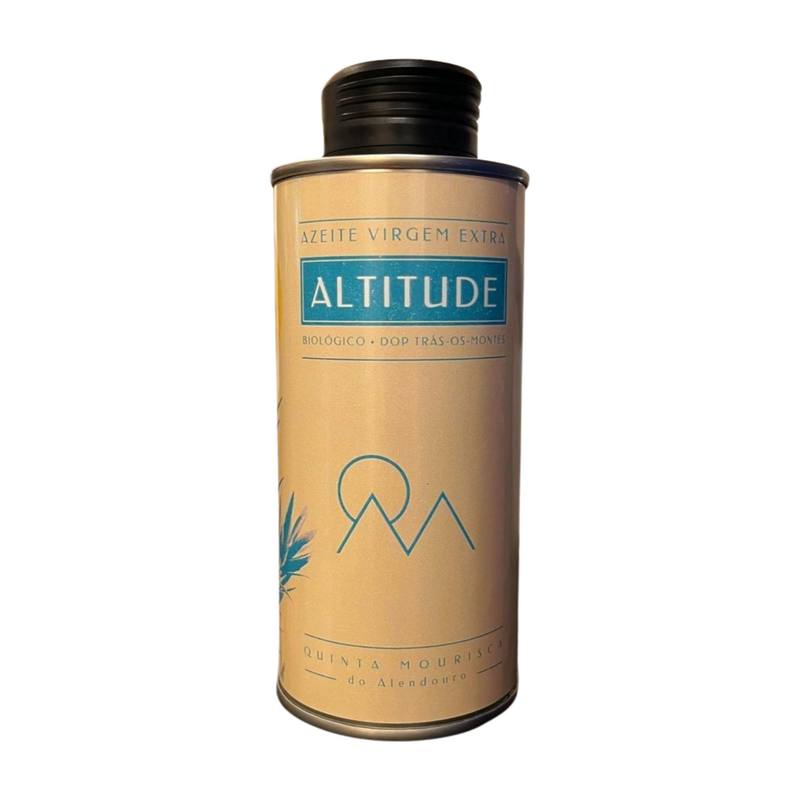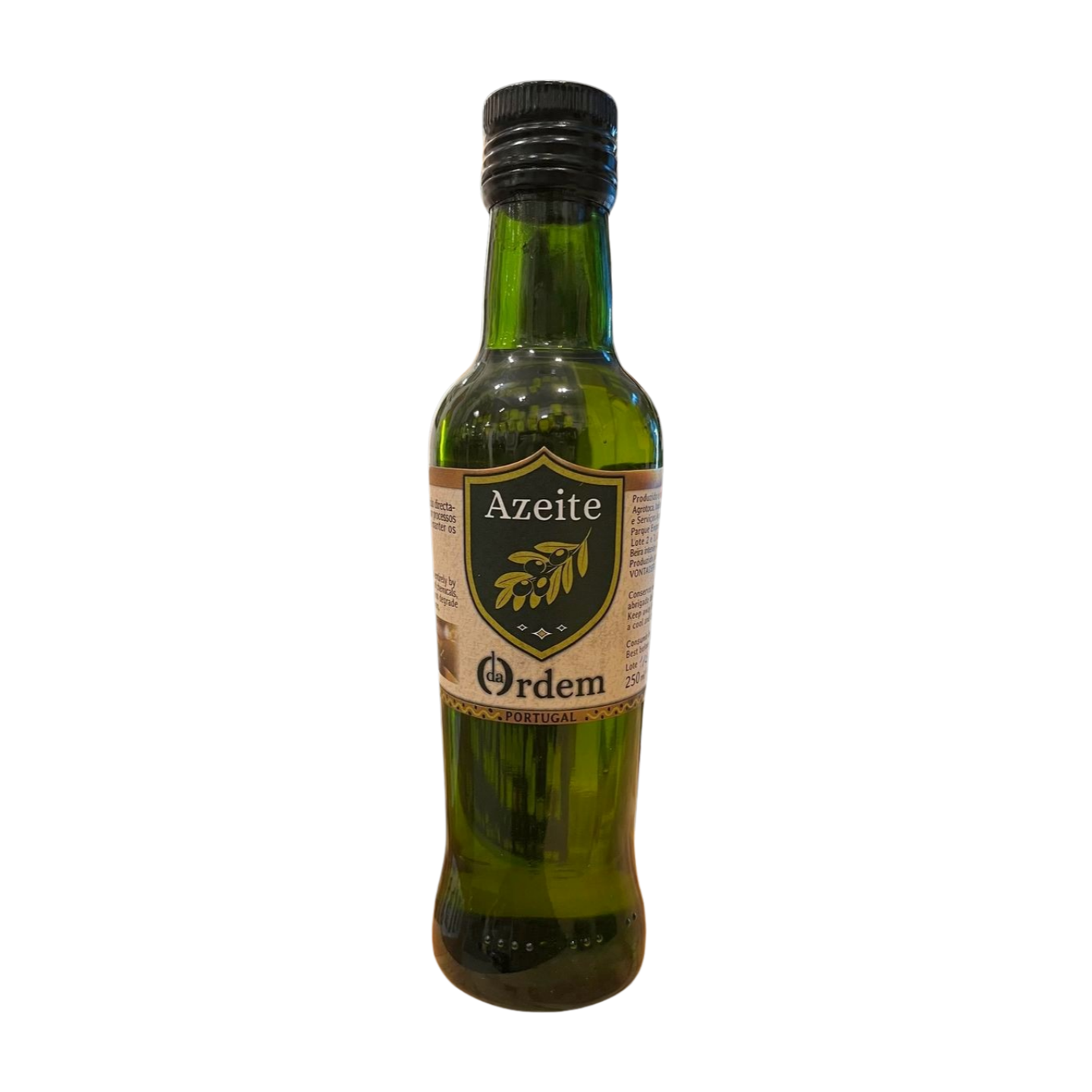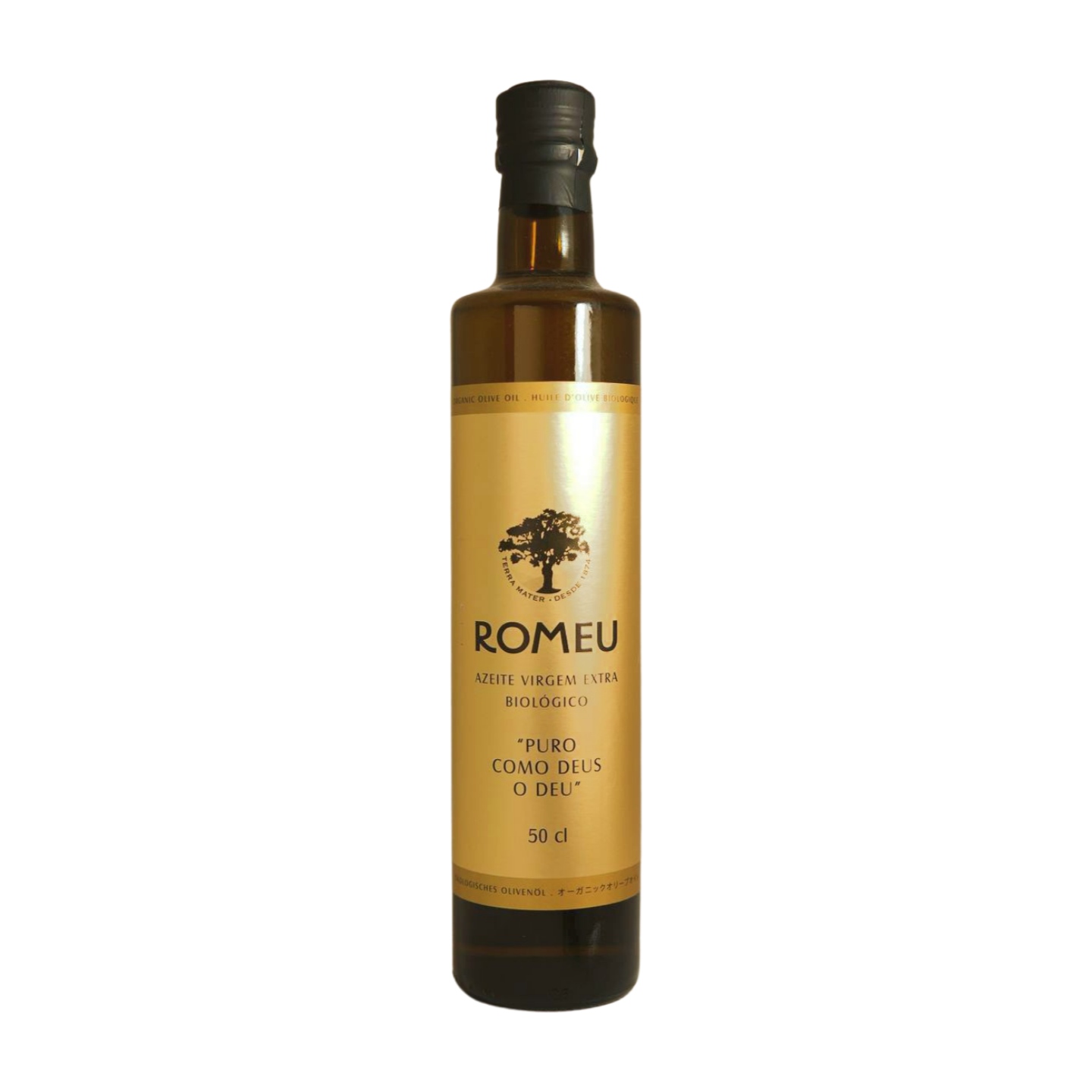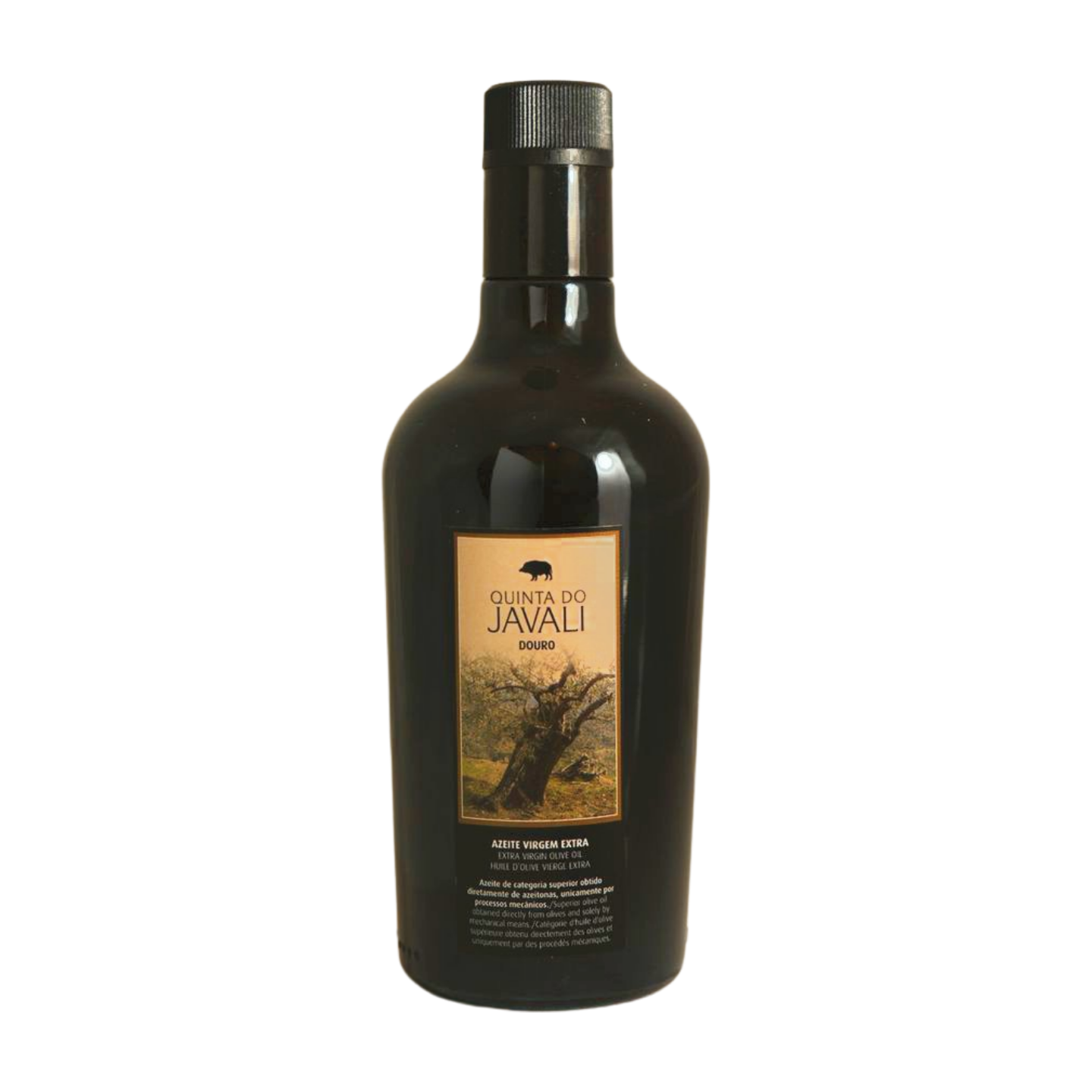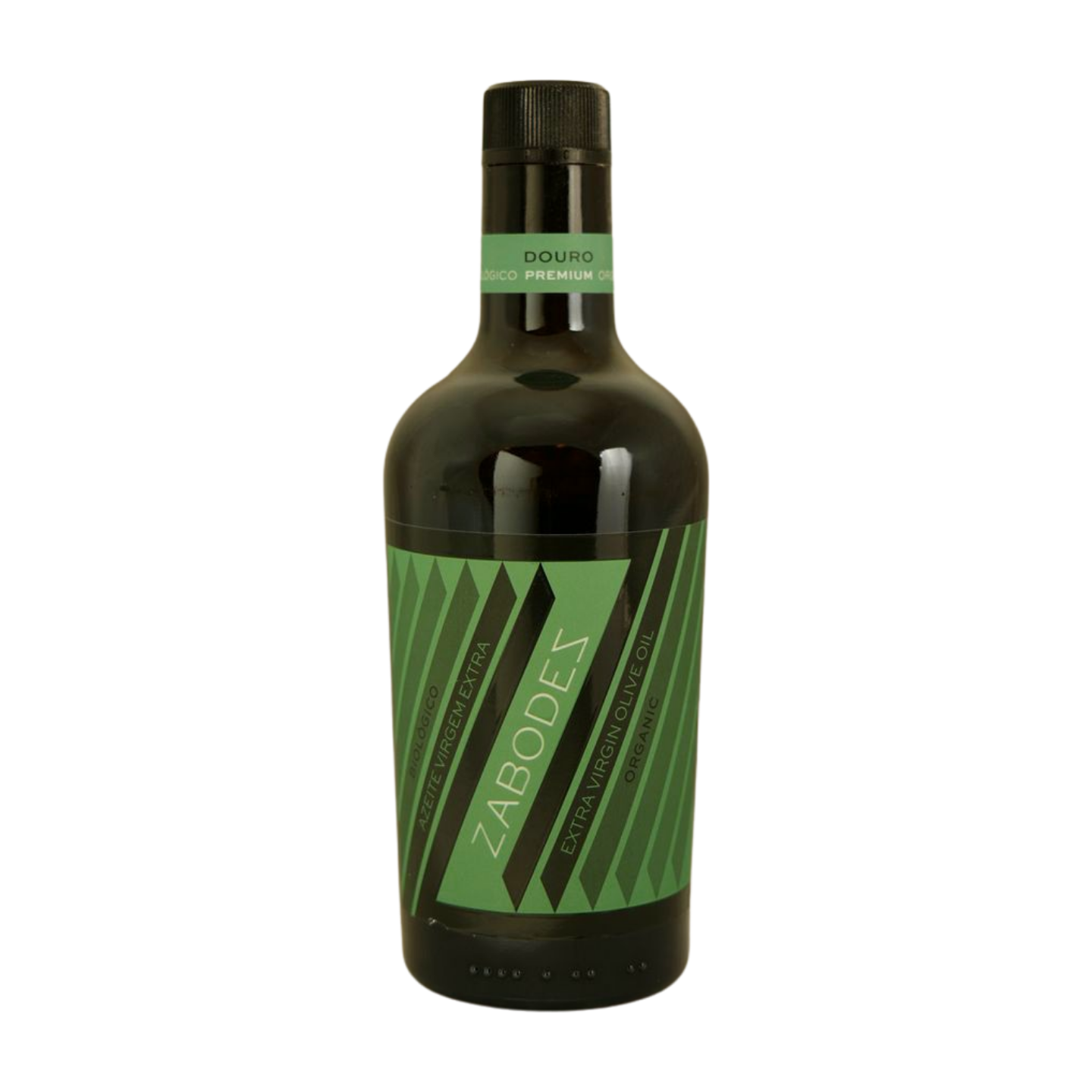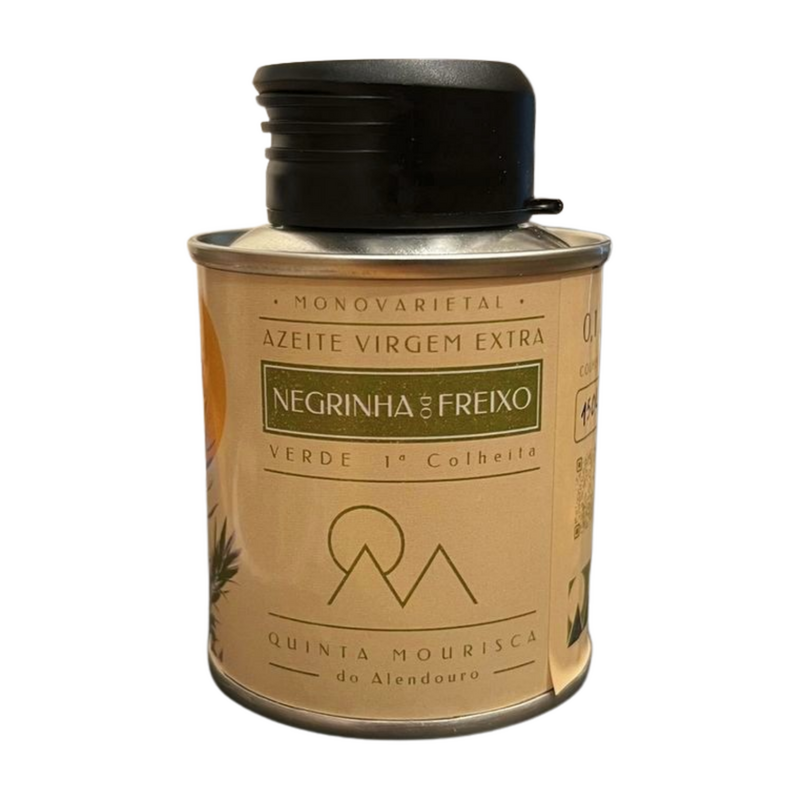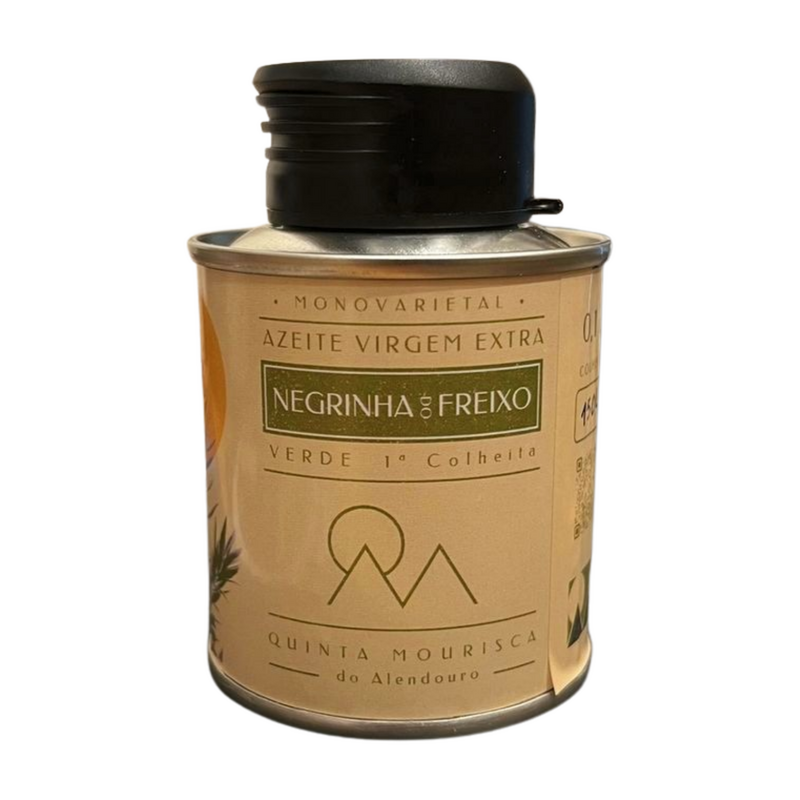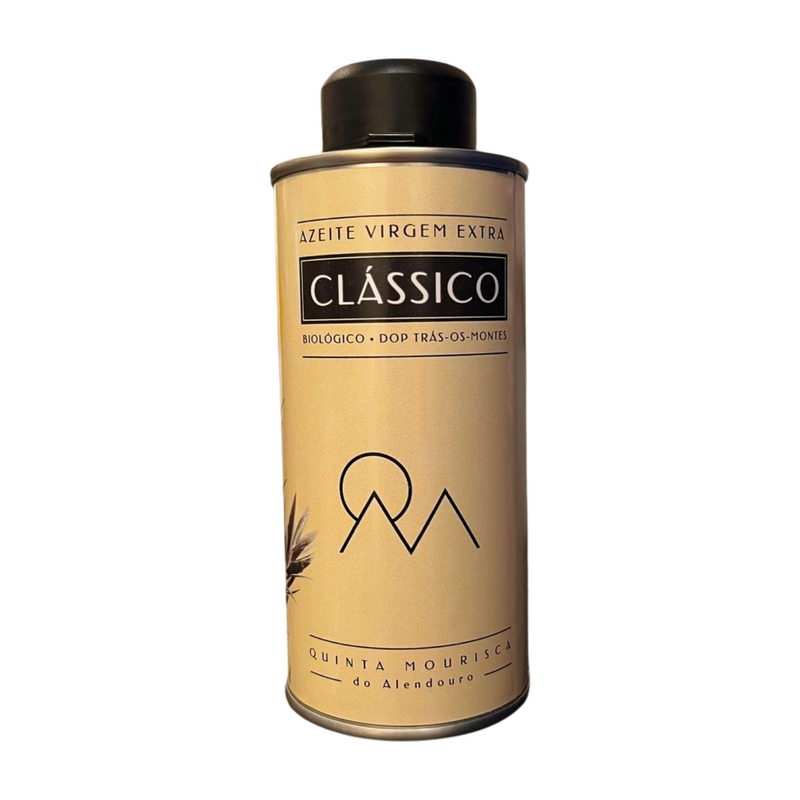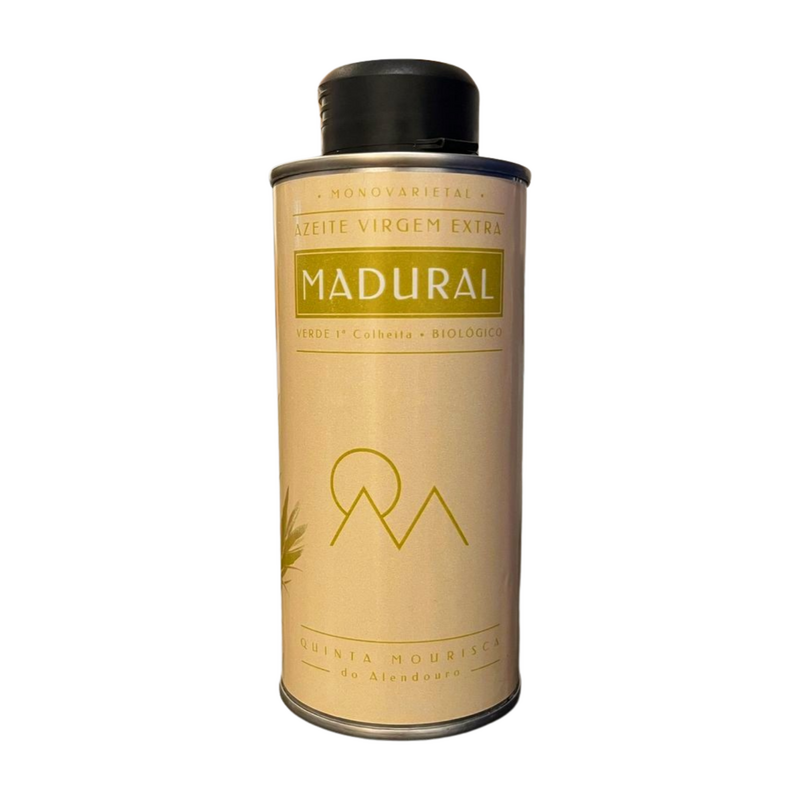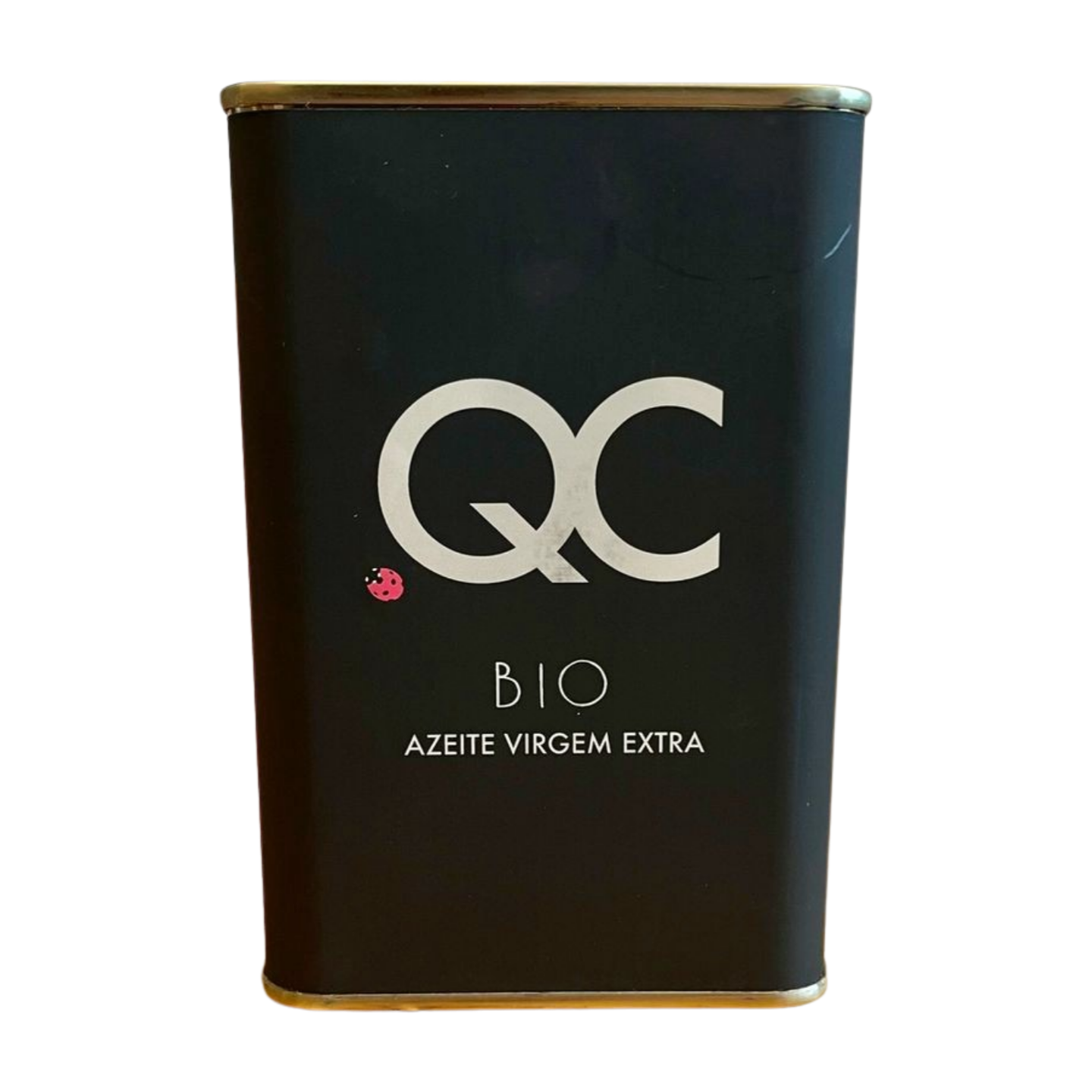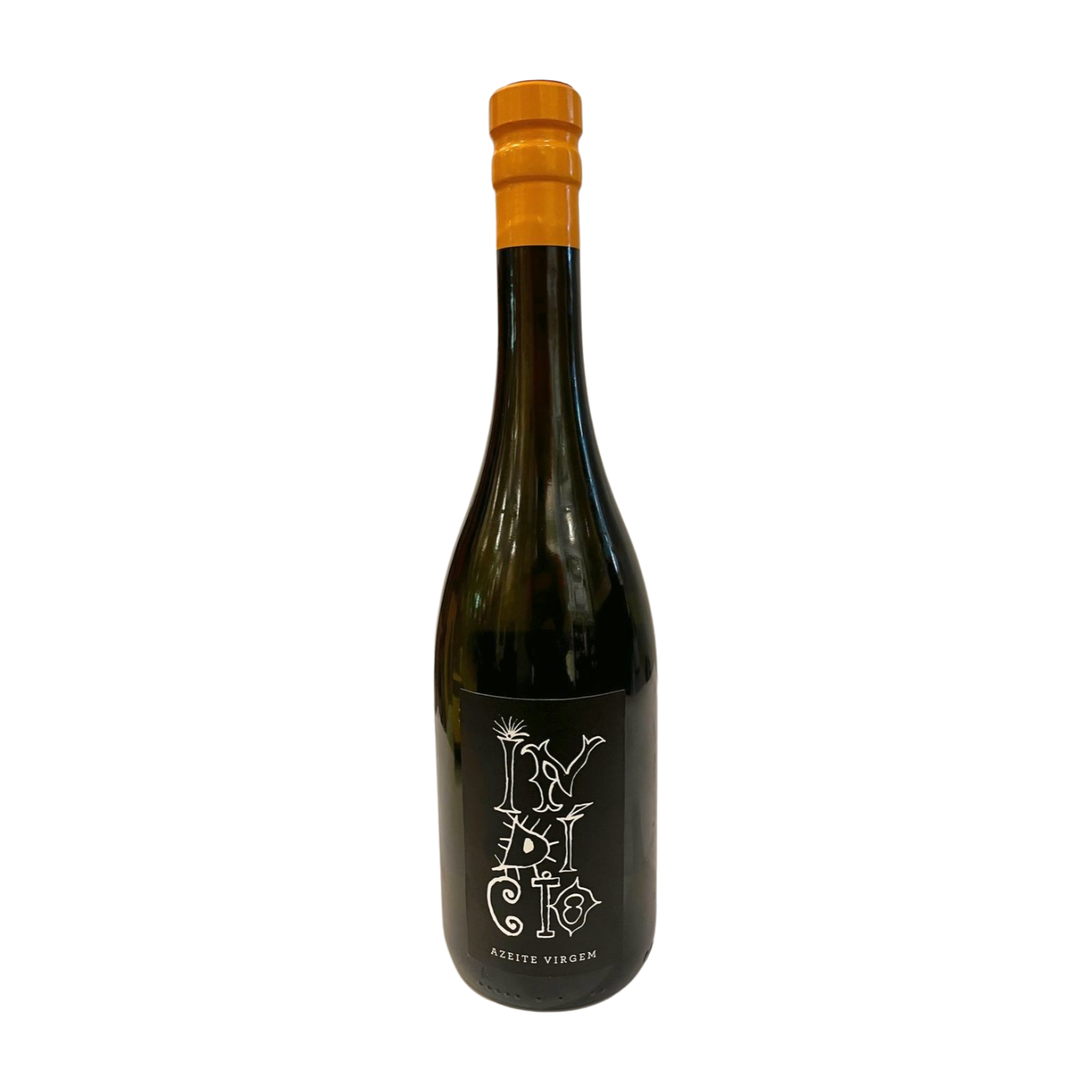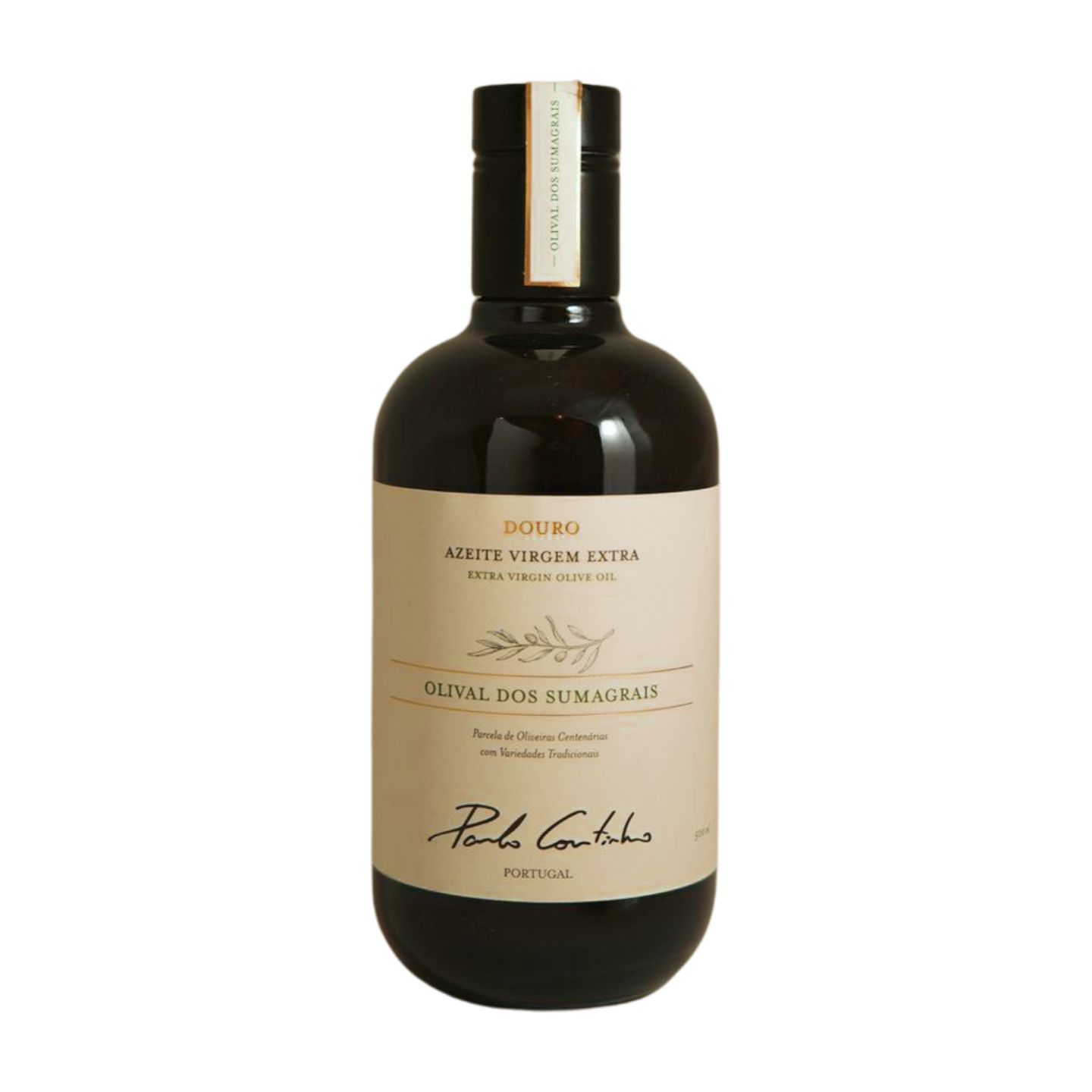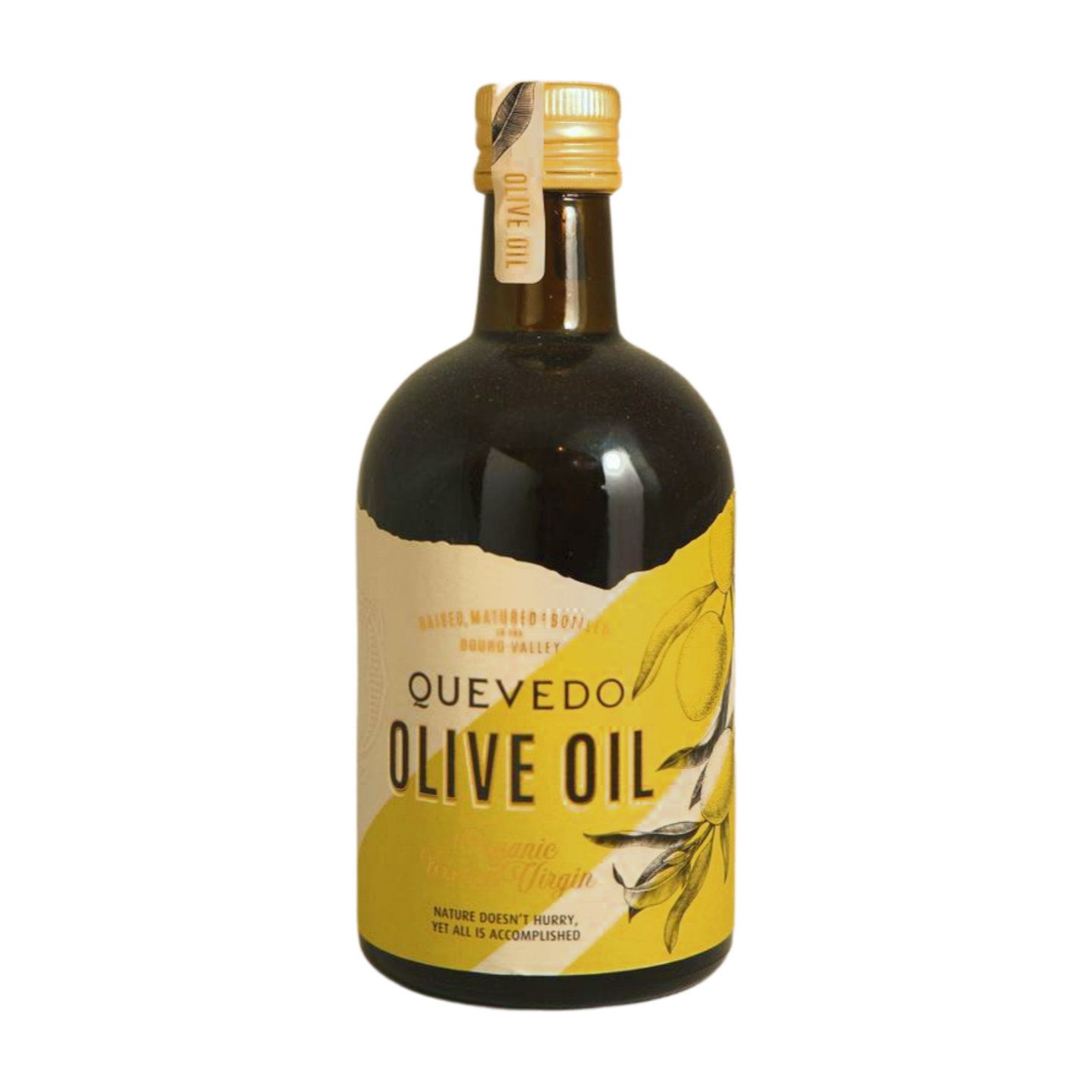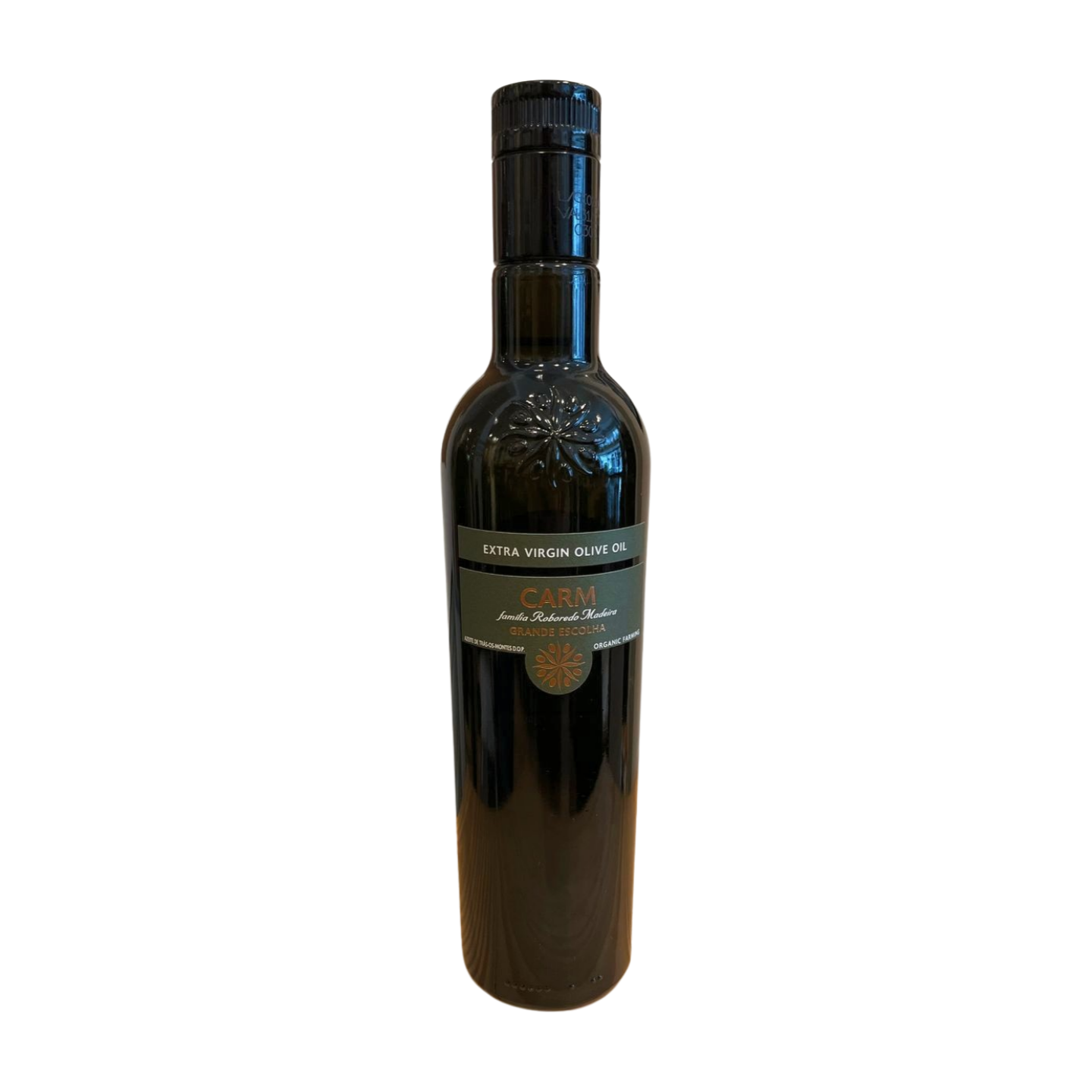Olive Oils
Portugal boasts a rich history of olive oil production, with its roots dating back to Roman times. The country offers a diverse range of olive oils, each with its distinct character shaped by the unique regional climates, olive varietals, and traditional production methods.
Portugal is home to various indigenous olive varietals, each contributing flavor to the final oil. Some of the most prominent include:
- Galega: The most widely planted variety in Portugal, known for its balanced, slightly bitter, and peppery notes.
- Cobrançosa: This varietal, mainly found in the Beiras region, produces oil with intense aromas of fresh fruit and a touch of bitterness.
- Verdeal: This Alentejo native offers a distinctive flavor profile with notes of green apple, almond, and a slight peppery finish.
Portugal's olive oil production is concentrated in several key regions:
- Alentejo: Known for its hot and dry climate, Alentejo produces robust olive oils with notes of ripe fruit and a peppery finish. This is where you'll find some of the award-winning olive oils from Quevedo.
- Trás-os-Montes: In the northeast portion of Portugal, this region produces fruitier olive oils with bitterness, often made from the Cobrançosa variety.
- Douro Valley: Despite being famed for its wines, it also produces exceptional olive oils. Quinta do Javali, for example, crafts a highly regarded Extra Virgin Olive Oil known for its intense fruity notes.
A Look at Three Portuguese Olive Oil Producers:
- Quinta do Javali (Douro Valley): This family-run estate produces limited-quantity Extra Virgin Olive Oil alongside its acclaimed wines. Made from local olive varietals and harvested at peak ripeness, the oil boasts intense fruity notes with a balance of green and ripe olives.
- Quinta dos Lagares (Alentejo): While information on their olive oil production is limited, Quinta dos Lagares is a renowned Alentejo estate known for its commitment to tradition and quality. They likely produce an olive oil that reflects the region's characteristic boldness and fruity notes.
- Quevedo (Alentejo): A family-owned producer since the 19th century, Quevedo has established itself as a leader in Alentejo's olive oil production. Their award-winning oils are known for their intense flavor profiles, often featuring notes of ripe fruit, pepper, and a touch of bitterness.
Portuguese olive oil production is more than a commercial endeavor; it's a cultural heritage. Traditional harvesting methods, such as handpicking and cold pressing, ensure the highest quality oil while preserving each region's unique character.
Whether you seek the bold robustness of Alentejo oil, the delicate fruitiness of Trás-os-Montes, or the balanced character of Douro Valley olive oil, Portugal has something to offer every palate. So next time you're looking for a new culinary adventure, explore the world of Portuguese olive oils and discover a taste of tradition in every bottle.
Filters
Portuguese wine
Frequently asked questions
The entire country of Portugal is divided into 14 different wine regions, including in the Azores and Madeira islands. Some of Portugal's most famous winemaking regions include the Douro Valley (known for Port) and Vinho Verde (known for its light, refreshing white wines).
Portugal is becoming more well known for its orange wines, talha wines (traditionally made in clay pots), and palhete (made by blending red and white grapes together).
Portugal is best known for its fortified wine, called Port wine. It is produced in the Douro Valley, which is a UNESCO World Heritage Site and recognized as the world's first demarcated wine region, established in 1756.
Vinho Verde in northern Portugal is another popular winemaking region characterized by rolling hills and lush landscapes. It's known around the world for low-alcohol, refreshing white wines, although the region traditionally focused more on red wines made with the fruit-forward vinhão grape.
The Portuguese island of Madeira, with its subtropical climate, is renowned for its fortified wines. Winemaking here dates back to the 15th century, when Portuguese
explorers brought grape varieties from around the world.
Our sustainable, natural wine shop is located in the Marquês neighborhood in Porto, Portugal. We also ship to countries around the world, including within Europe, the United States, Canada, Australia, China, and more. Review our Shipping Policy to learn more.
In recent years, there has been a notable shift toward sustainable viticulture and the production of natural wine in Portugal. Many winemakers are implementing organic farming practices and embracing biodiversity to maintain soil health and reduce chemical inputs. This commitment to sustainability is not only beneficial for the environment but also enhances the quality of the wines, allowing the unique characteristics of the terroir to shine through. For example, some winemakers are now utilizing ancient terracotta amphorae for fermentation (called talha in Portuguese). This method preserves regional cultural heritage, enhances the wine's character, and aligns with sustainable practices by reducing reliance on modern materials.

